Blog
Russia's Lake Baikal became extremely polluted by harmful toxic materials and anti-WWTP regulations
The largest freshwater lake in the world is facing extreme pollution.
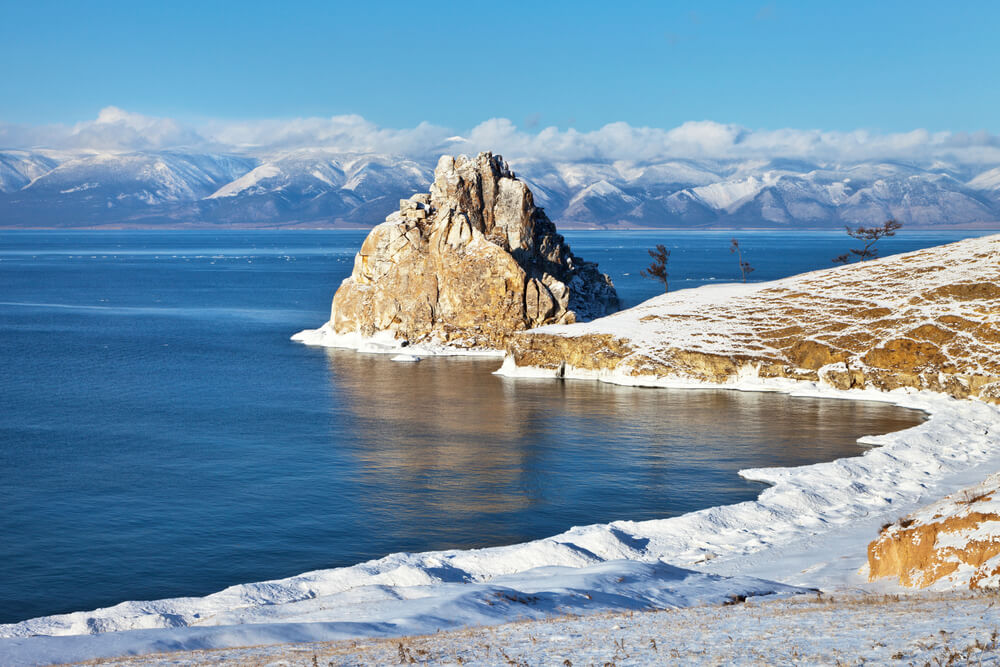
The daily flow of toxic substances, mass tourism as well as the unnecessary regulations denying launch of wastewater treatment plants cause harm to the lake.
According to an assessment obtained by the Russian TASS news agency, more than 15,000 tons of toxic waste have flown into the Lake Baikal from the Selenga River since 2010. The situation is, whoever, far more dramatic as Ulan-Ude, an industrial city, discharges 56 million liters of sewage water into the Selenga river which is the largest flow into Baikal.
What is the problem
Lake Baikal is the largest freshwater lake. Given the water volume of 24,000 km3, it accounts for one fifth of the world's water reserve. Its uniqueness lies in more than 3,600 endemic species of plants and animals found nowhere else in the world.
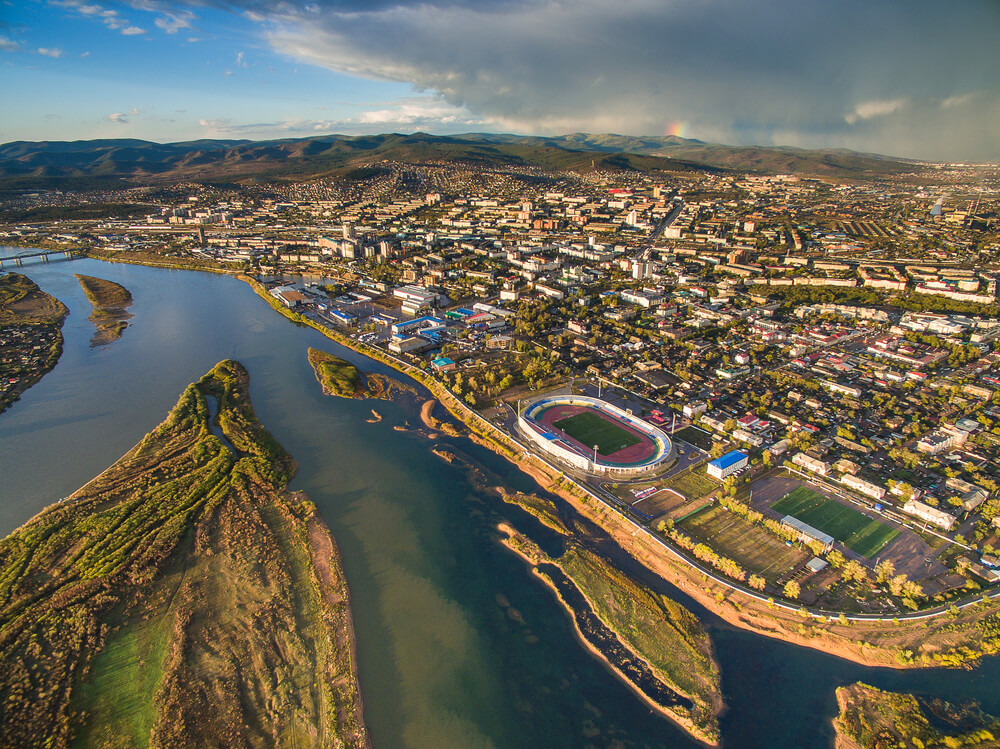
Ulan-Ude industrial city causes pollution of the Selenga river which discharges toxic substances directly into the Lake Baikal.
These are the main causes why Lake Baikal needs to be protected and its pollution eliminated. The current situation, however, is just the opposite.
Both the daily flow of toxic waste and the unnecessary regulations harm the lake. The scientists at the Russian Academy of Sciences criticize the environment officials for the passage of regulations preventing the launch of wastewater treatment plants, the construction of which began already in 2017.
In paradox, the protection measures for Lake Baikal in Russia are stipulated by a special law. Russian government put 26bn rubbles (€385m euros) to fund the renovation and completion of the wastewater treatment plants in the region of Listvyanka and Ulan-Ude.
In 2017, ecologist Sergei Shapkhayev anxiously said for The Guardian that the strictness of laws is negatively compensated by the “optional” compliance. In other words, the allocated funds just disappear.
Other threats
The amounts of chemicals from industrial areas and the corruption preventing the removal of those chemicals are not the only causes of the poor Baikal situation.
While the government funds the completion of the WWTPs, Russia’s Ministry of Natural Resources and Environment published a draft that increases the maximum permissible levels of entered toxic substances in the Lake Baikal.
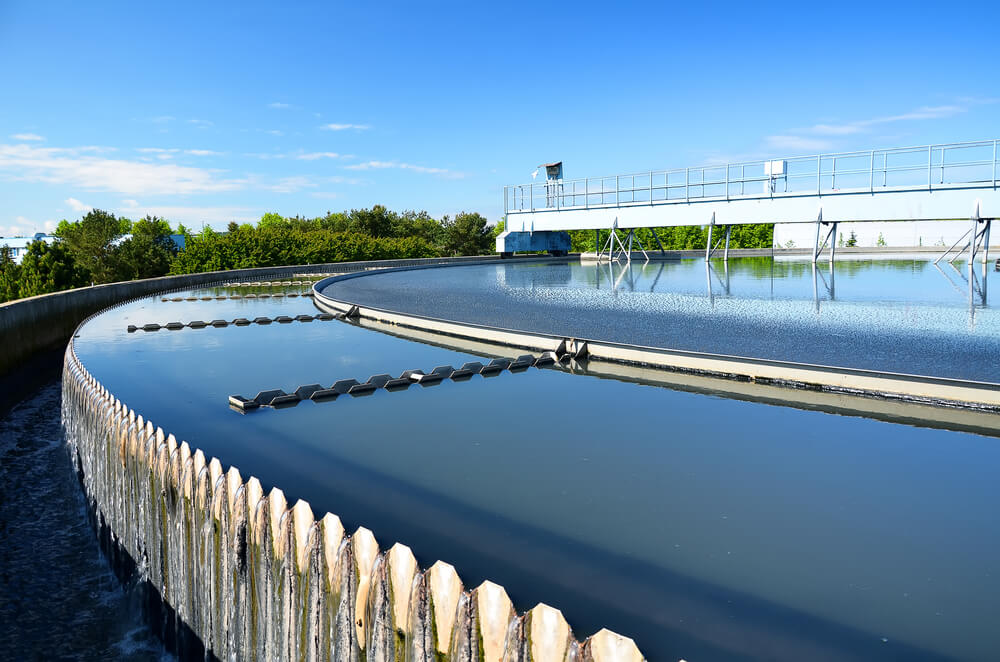
Wastewater treatment plants could help eliminate the pollution.
In practice, the amounts of nitrates and anionic synthetic surfactants would increase 14 and 10 times. The level of chemicals derived from oil should double.
Aleksandr Kolotov, head of the environmental organization Rivers Without Borders, says that the current standards for the construction of wastewater treatment plants are related to the requirements on the quality of water discharged into Baikal.
Kolotov also told the Radio Free Europe that there are two different approaches to solving the problem: either to improve the purification technology, or lower the standard for the discharge of chemicals.
According to Kolotov, the officials decide to take the easier path, treating the site like an ordinary fishery reservoir.
When the “ice stands”
The ice is thick enough to walk on and dense enough to drive the car on. When these requirements are met, the locals refer to it as the “ice stands”. It is this thickness which allows people to explore Baika and enjoy a seemingly great experience but with a dark side.
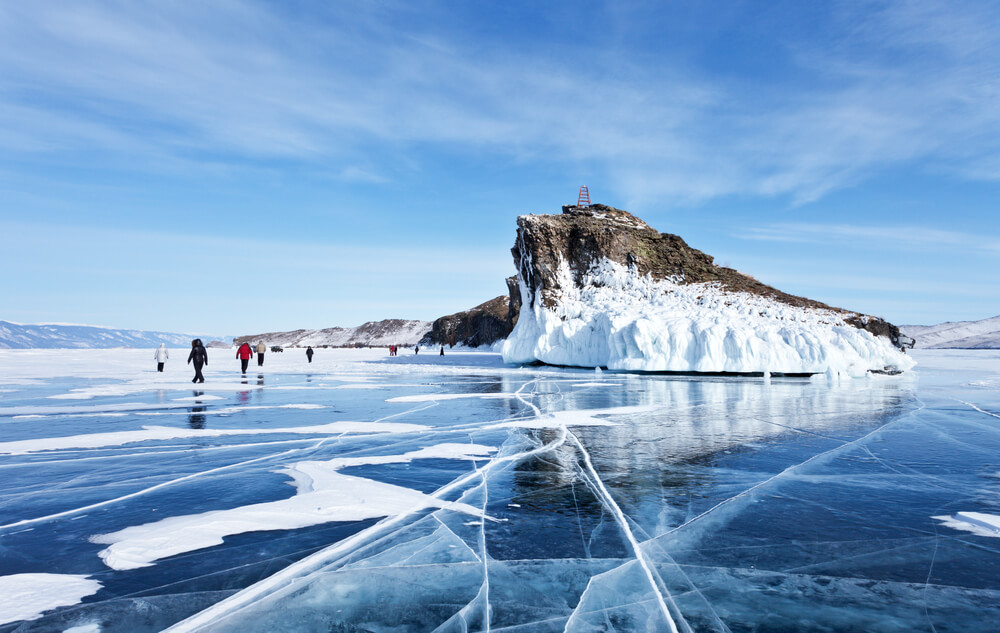
The unique lake ecosystem is harmed by the mass tourism, too.
Recently, tourism has grown to such an extent it threatens the unique lake ecosystem. About 1.6 million people visited the lake from January to August 2018, including almost 300,000 foreigners. As the tourists need to be accommodated, hotels are springing up on the lakeshore like mushrooms.
The waste left by the visitors on the shore is one of the tourism-related issues. Water carries off the waste, endangering the rare plants and animals. To stop this new trend, the President’s Office announced it will artificially limit the flow of tourists.
Not only the rubbernecks but also poachers impose a threat to the ecosystem. The rare omul fish, which lives only in the Baikal Lake, is disappearing due to poaching.
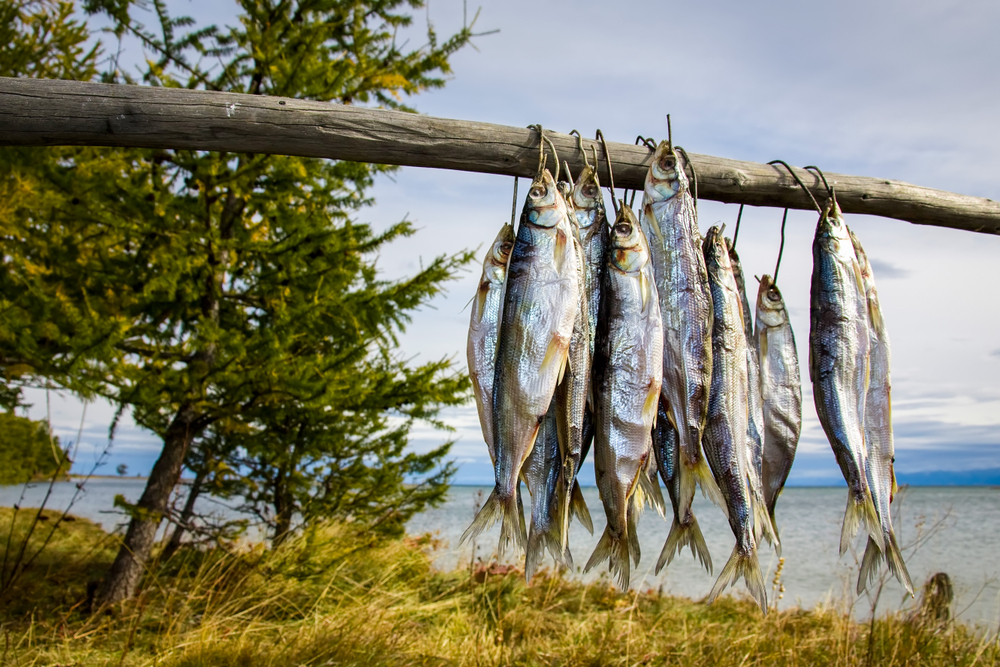
Poachers fishing the rare species of omul fish to be found only in the Lake Baikal.
Some of the fishers do not hide the poaching and justify it with the mass violation of the ban, others are given away by the menus in the coastal restaurants. Almost every restaurant offers the omul fish. The same applies to the Baikal seal. The seal hunt is prohibited but local restaurants include the seal fat in their specialties.
More articles
Reconstruction of the WWTP for Volkswagen Bratislava: How the potential of bacteria can be used?
Volkswagen Bratislava needed to expand the capacity of the biological part of WWTP. Read about how we did it.
